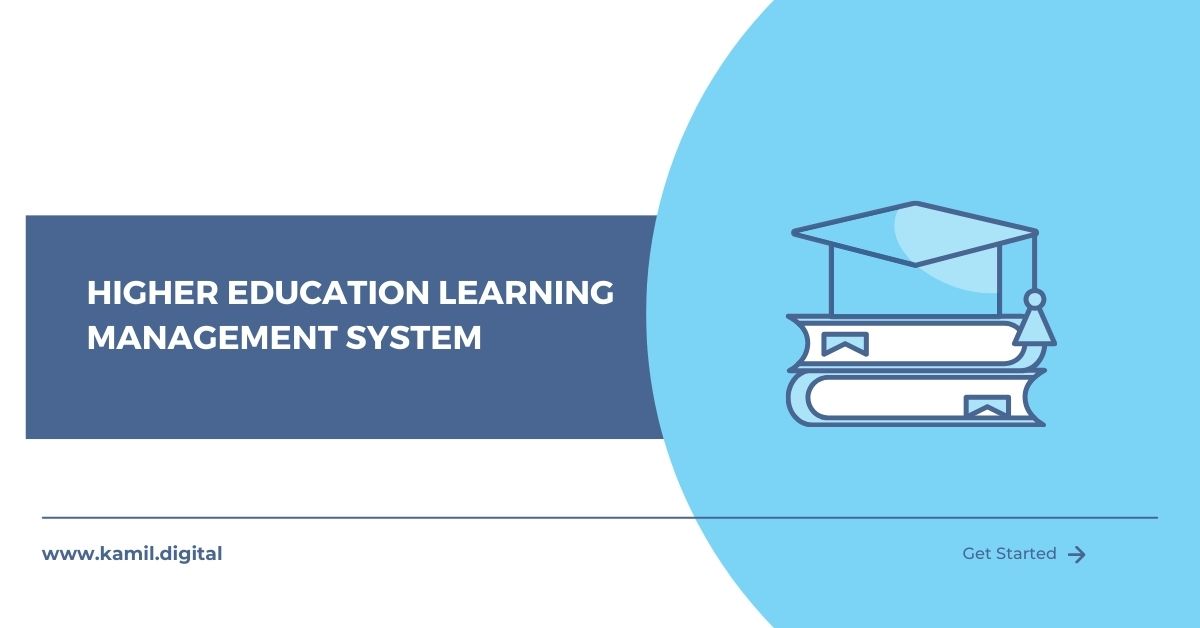With the far reaching appropriation of the Higher education Learning management system has experienced noteworthy changes in later a long time. These computerized stages have reorganized the way higher education teaches courses and are associated with understudies. This article investigates the significance of LMS in higher education and summarizes the main advantage that they provide to both learners and teachers.
What is an LMS?
A Learning Management System (LMS) is a computer program application outlined to encourage the administration, conveyance, following, and appraisal of instructive substance. This stage has become the central center for scholastic teaching, where teachers make and organize course materials, regulate appraisals, and communicate with understudies. Understudies, in turn, get to course substance, yield assignments, take part in talks, and screen their advance through the LMS.
Key Benefits of LMS in Higher Education:
Accessibility and Flexibility
LMS platforms break down geographical barriers, allowing students from diverse locations to access educational resources and engage with course materials.
They offer flexibility in terms of when and where students can study, accommodating working professionals, parents, and learners with various commitments.
Enhanced Communication:
LMS apparatuses incorporate highlights such as talk gatherings, informing, and declarations, which cultivate communication between educated and understudies.
This increased communication can lead to better student engagement and a more personalized learning experience.
Centralized Content Management:
Educators can upload and organize course materials, including documents, videos, quizzes, and assignments, all in one place.
This centralization streamlines content delivery and makes it easier for students to find and access resources.
Appraisal and Feedback:
LMS stages permit for the creation of different evaluation sorts, from tests to expositions, and give quick criticism to students.
Instructors can track understudy advance and recognize regions where extra back may be needed.
Challenges and Contemplations in LMS Software:
While LMS stages offer various focal points, their effective execution requires cautious arranging and thought. A few common challenges include:
Training: Workforce and staff require preparing to viably utilize LMS features.
Cost: Authorizing and keeping up LMS estimating can be exorbitant for institutions.
User Encounter: Guaranteeing a user-friendly interface is fundamental to lock in both educators and students.
Privacy and Security: Securing delicate understudy information is fundamental.
Briefly conclusion
LMS has become indispensable to advanced higher instruction. They offer teachers effective instruments for course administration, encourage communication and collaboration, and bolster personalized learning encounters. Whereas challenges exist, As innovation proceeds to advance, LMS stages will likely play an indeed more noteworthy part in forming the future of educating and learning in colleges and colleges around the world.
